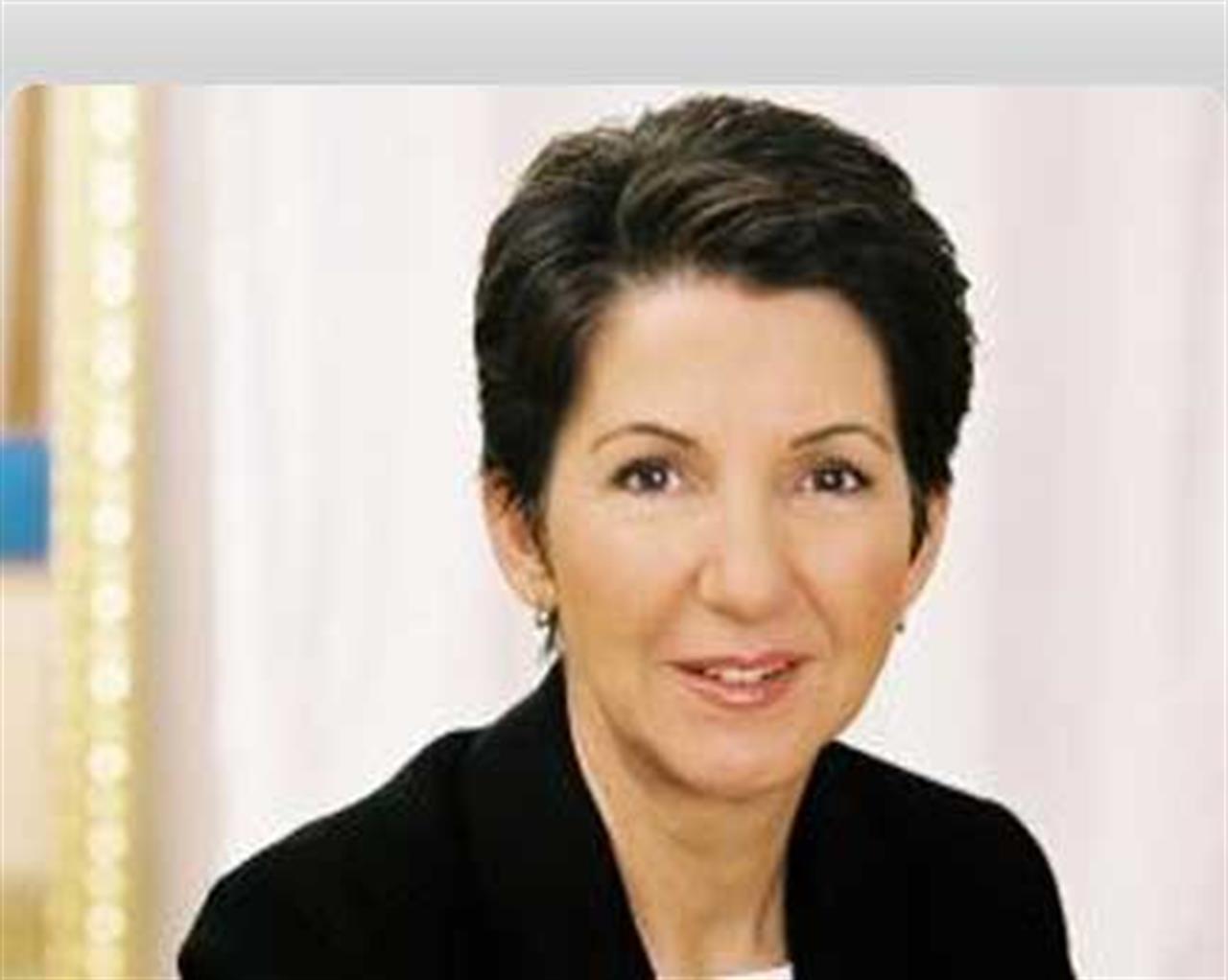Non profit
No to violence against women
UNIFEM interview with Austria's Barbara Prammer

On December 10, the International Human Rights Day, Austrian President of Parliament Barbara Prammer will ask the National Assembly to sign on to UNIFEM’s Say NO – UNiTE to End Violence against Women initiative. In her talk with UNIFEM, Prammer stresses the importance of action at the national level.
UNIFEM: On December 10, you will invite the Austrian National Assembly to sign on and support UNIFEM’s Say NO – UNiTE to End Violence against Women initiative. Why do you take this on board?
PRAMMER: I personally think that parliaments have the biggest responsibility to fight and end violence against women nationally. Initiatives like Say NO keep reminding us of this responsibility. We are lucky to have a very strong National Committee for UNIFEM in Austria that is supporting us on that day. The signing will be a big event, also in the media. I expect the majority of my male colleagues to sign on. Also, for the first time, the women speakers of all five Austrian parties will give a joint press conference. This is a significant step and a signal about the importance of working together across party lines on this issue.
UNIFEM: In July 2009 you hosted a global conference of Women Speakers of Parliament in Vienna and invited them to sign on to Say NO. What were the results concerning the issue of violence against women?
PRAMMER: We discussed the effects of the global economic crisis on women and in this context also the issue of violence against women. During a crisis, and this is something I am convinced of, violence is increasing mostly in areas with the least resources. Unemployment, dependency on partner or family — those factors make women even more vulnerable. It is hard for a woman without income to leave a violent relationship. Fortunately, the Inter-Parliamentary Union (IPU) has become very engaged on the issue. For example, parliaments have been asked to present their activities planned for November 25, the International Day for the Elimination of Violence against Women, in a report. Also, our male colleagues, who represent the majority as we are currently only 33 women speakers of parliament out of 260 – welcome discussions concerning gender mainstreaming. Gender and women’s issues always play a key role at IPU Assemblies.
UNIFEM: In what way is the European Parliament active to ensure the protection of women and girls from violence and discrimination?
PRAMMER: The European Union as a whole has been very proactive in devising regulations to eliminate discrimination against women, e.g. when it comes to granting women equal access to the job market. It was a challenge for all member-states, especially new ones, to follow those guidelines.
UNIFEM: On October 26, the Austrian National Day, you openly voiced your concerns about the Austrian justice system handling certain cases not diligently enough. Would you extend those concerns to the enforcement of legislation concerning women and girls, as well as victims of violence?
PRAMMER: Austria is a global leader on legislation protecting victims of domestic violence. The biggest challenge for us remains the issue of human trafficking. There are improvements. We are working on how to better protect women who are being trafficked to Austria, and the justice system has to take on this challenge as well. Of course the Austrian justice system is independent and government cannot influence it. Nevertheless, emphasis must be on educating judges about the issue. Our police forces are an example on how this was done successfully before. We hardly have police that are not undergoing special training on how to deal with cases of violence against women. This is my request and my wish also for the justice system.
Nessuno ti regala niente, noi sì
Hai letto questo articolo liberamente, senza essere bloccato dopo le prime righe. Ti è piaciuto? L’hai trovato interessante e utile? Gli articoli online di VITA sono in larga parte accessibili gratuitamente. Ci teniamo sia così per sempre, perché l’informazione è un diritto di tutti. E possiamo farlo grazie al supporto di chi si abbona.
